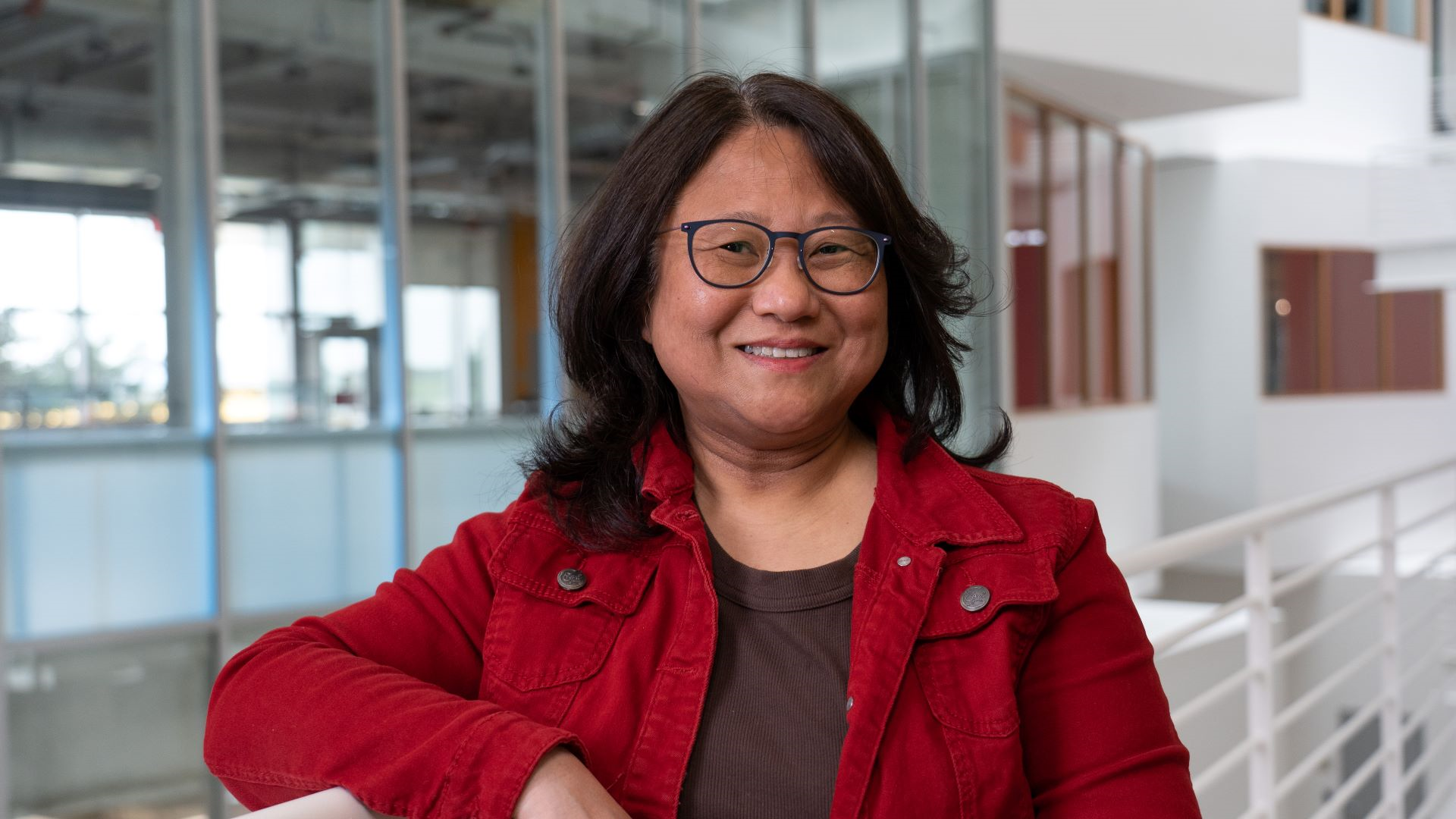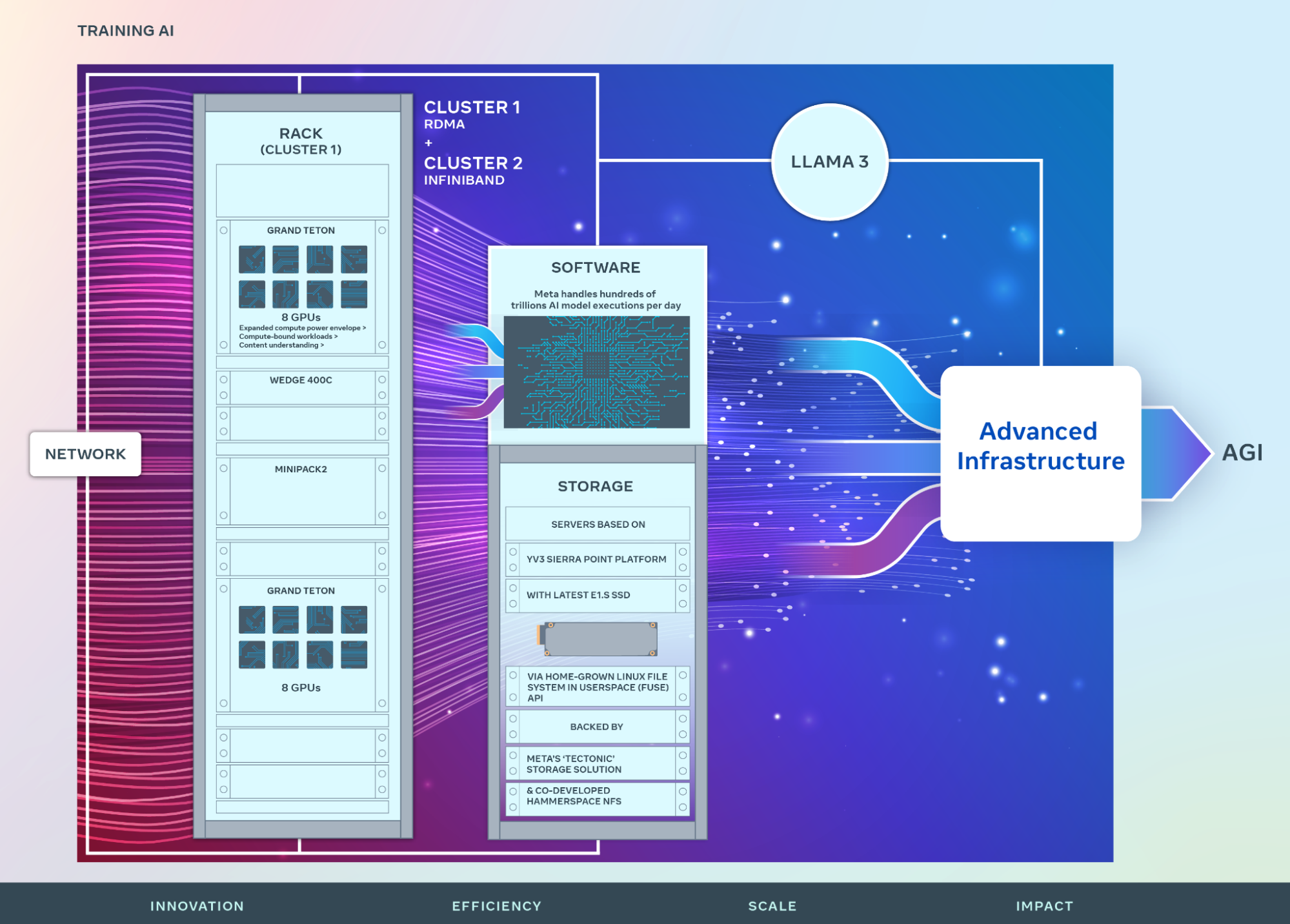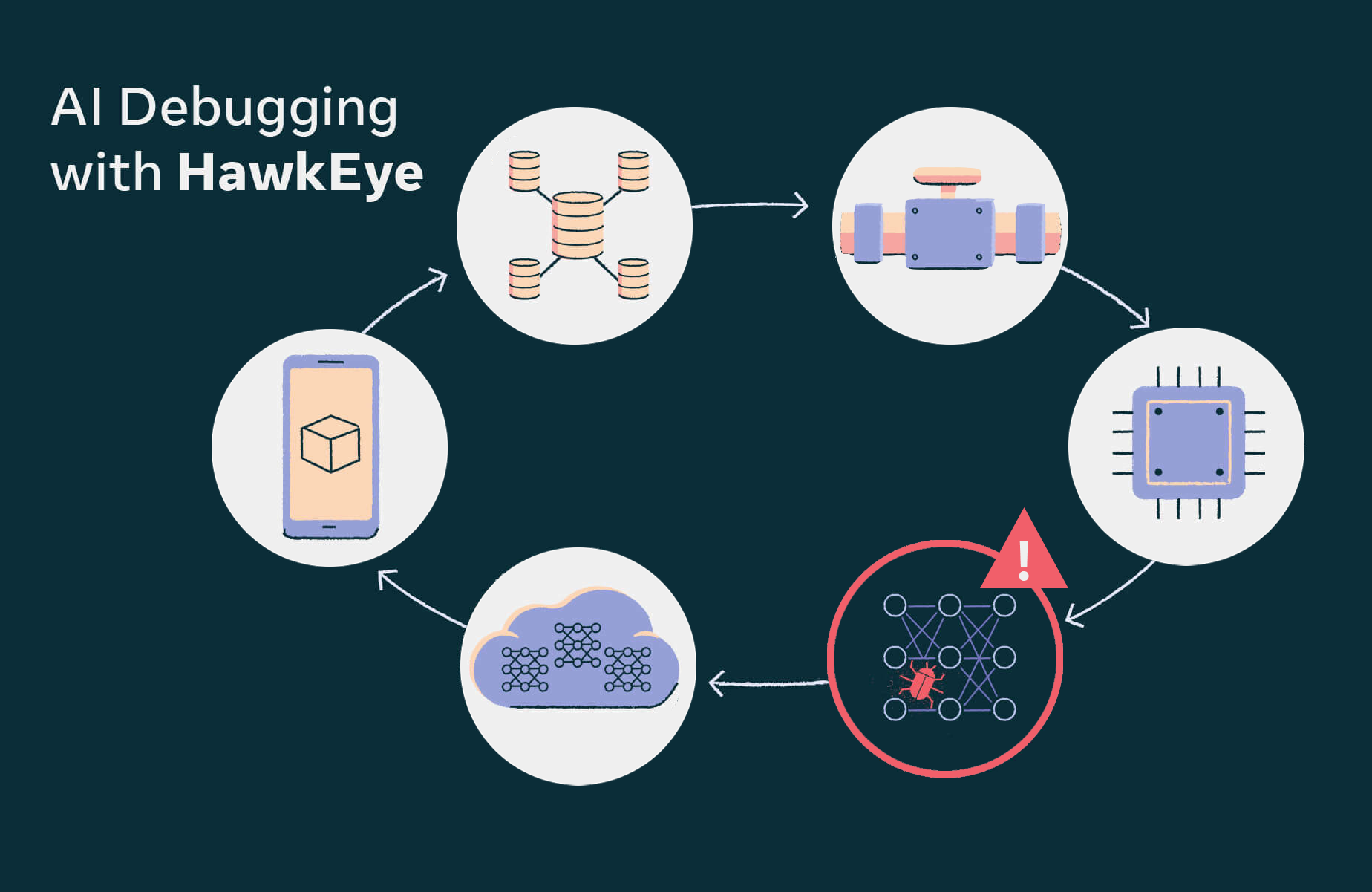How Meta is creating custom silicon for AI - PowerToFly
This article was originally published on Meta's blog. Visit the Meta company page on PowerToFly to see their open positions and learn more. With the recent launches of MTIA v1, Meta’s first-generation AI inference accelerator, and Llama 2, the next generation of Meta’s publicly available large language model, it’s clear that Meta is focused on advancing AI for a more connected world. Fueling the success of these products are world-class infrastructure teams, including Meta’s custom AI silicon team, led by Olivia Wu, a leader in the silicon industry for 30 years.
Leading the Silicon Design Team
In a conversation, Olivia explains how she led the silicon design team to deliver Meta’s AI silicon, allowing the company to improve the compute efficiency of the infrastructure and enable software developers to create AI models that will provide more relevant content and better user experiences. Olivia states, "I lead design development of the next generation of Meta’s AI silicon. My team is responsible for the design and development of Meta’s in-house machine learning (ML) accelerator, and I partner closely with our co-design, architecture, verification, implementation, emulation, validation, system, firmware, and software teams to successfully build and deploy the silicon in our data centers."
Transition to Meta
Olivia shares her transition from working in startups to joining Meta, highlighting the unique startup-like culture within the large company and the freedom to innovate and experiment with new ideas. She mentions the importance of having a hands-on team capable of taking on different roles to ensure project success.

Designing AI Silicon
The silicon development cycle is typically long, spanning up to four years in some cases. Olivia emphasizes the need to design hardware for future AI advancements, incorporating insights from Meta’s in-house software teams to optimize the silicon from the beginning. With Meta's first generation ML accelerator, MTIA v1, Olivia and her team were able to tailor the silicon for critical workloads, gaining control over the entire stack.
Future of AI at Meta
Olivia discusses the central role of AI at Meta, highlighting the opportunities to create products tailored for different AI use cases. With MTIA in-house, Meta continues to gather feedback and input from AI software teams to shape the features of future AI silicon, focusing on scalability and future-proofing.

Encouragement and Mentorship
Olivia encourages active participation and mentorship within the team, emphasizing the importance of speaking up in meetings and seeking guidance from mentors to advance in one's career. She also mentions Meta's mentor program for women engineers and underrepresented individuals, providing coaching and mentoring opportunities.
Collaborative Culture
Meta's open and collaborative culture, along with its focus on learning and growth, makes it an ideal place for engineers to develop their skills and contribute to challenging projects in AI and silicon development.




















